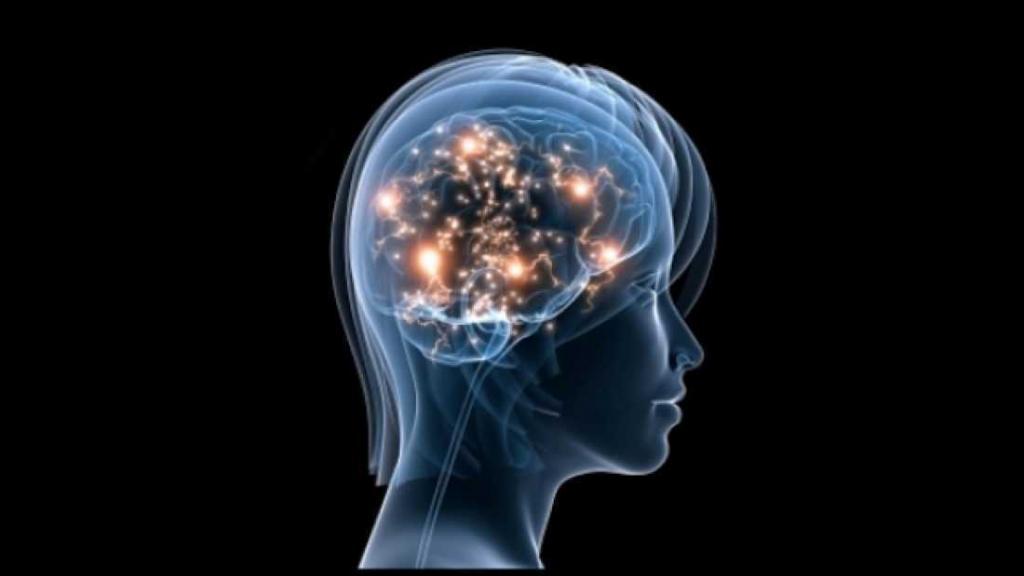The Institute of Biotechnology of the University of Helsinki and the Tallinn University of Technology are collaborating in a research to find cure for Parkinson’s disease.
Parkinson′s disease is a disorder in which nerve cells in certain areas of the brain start to degenerate – ie die – massively for reasons that are unclear so far, causing gradual functional impairment of the relevant area of the brain. This deteriorates significantly person′s vital functions until death occurs. Unfortunately, the cause for Parkinson’s disease is yet to be identified by modern medicine – until now, there is no cure, while the progress of the condition can only be hindered. Well-known victims include the Pope John Paul II; boxing legend Muhammad Ali also suffered under the disease.
Now a research carried out in collaboration with the scientists of Tallinn University of Technology and the Institute of Biotechnology of the University of Helsinki is giving some hope for those expecting a breakthrough in the treatment of Parkinson’s.
A leap forward
Estonians have explored the possibilities for the treatment of neurodegenerative diseases for the last four years at the TUT department of chemistry and biotechnology, led by associate professor Urmas Arumäe. Collaborating with the Finnish research team, the scientists from neighbouring countries have gradually advanced by focusing on the mechanism of action (the biochemical interaction through which a drug substance produces its pharmacological effect) of two proteins – MANF and CDNF. “These molecules are unique proteins (factors) that attenuate cell death, ie, promote cell survival and that are the most promising candidates at present for the treatment of Parkinson’s disease and potentially other degenerative diseases. The mode of action of these factors is, however, poorly known,” Arumäe said.
The animal experiments carried out at the University of Helsinki indicate that infusing MANF and in particular CDNF proteins into the brains of animals with advanced Parkinson’s disease like lesions not only halts the progress of the disease, but also reverses the damages leading toward to recovery from neurological damage. “Thus, CDNF has proved to be the best candidate for the treatment of Parkinson’s disease. If the clinical trials confirm efficacy of the drug, it will be a major breakthrough in the treatment of neurodegenerative diseases,” the researchers said.
The experiments carried out during the research identified two areas of MANF proteins that are necessary for the cell’s life-sustaining function – and according to researchers, this discovery is a great leap forward. “This research is a great step forward also in the treatment of other widespread, slowly progressive, but so far incurable diseases, such as diabetes, Alzheimer’s disease, sclerosis multiplex, but also stroke, since the first results indicate that MANF and CDNF may be effective in their treatment as well,” Arumäe said.
The research is ongoing until at least 2020.
I
Source: Tallinn University of Technology. The cover image is illustrative.

